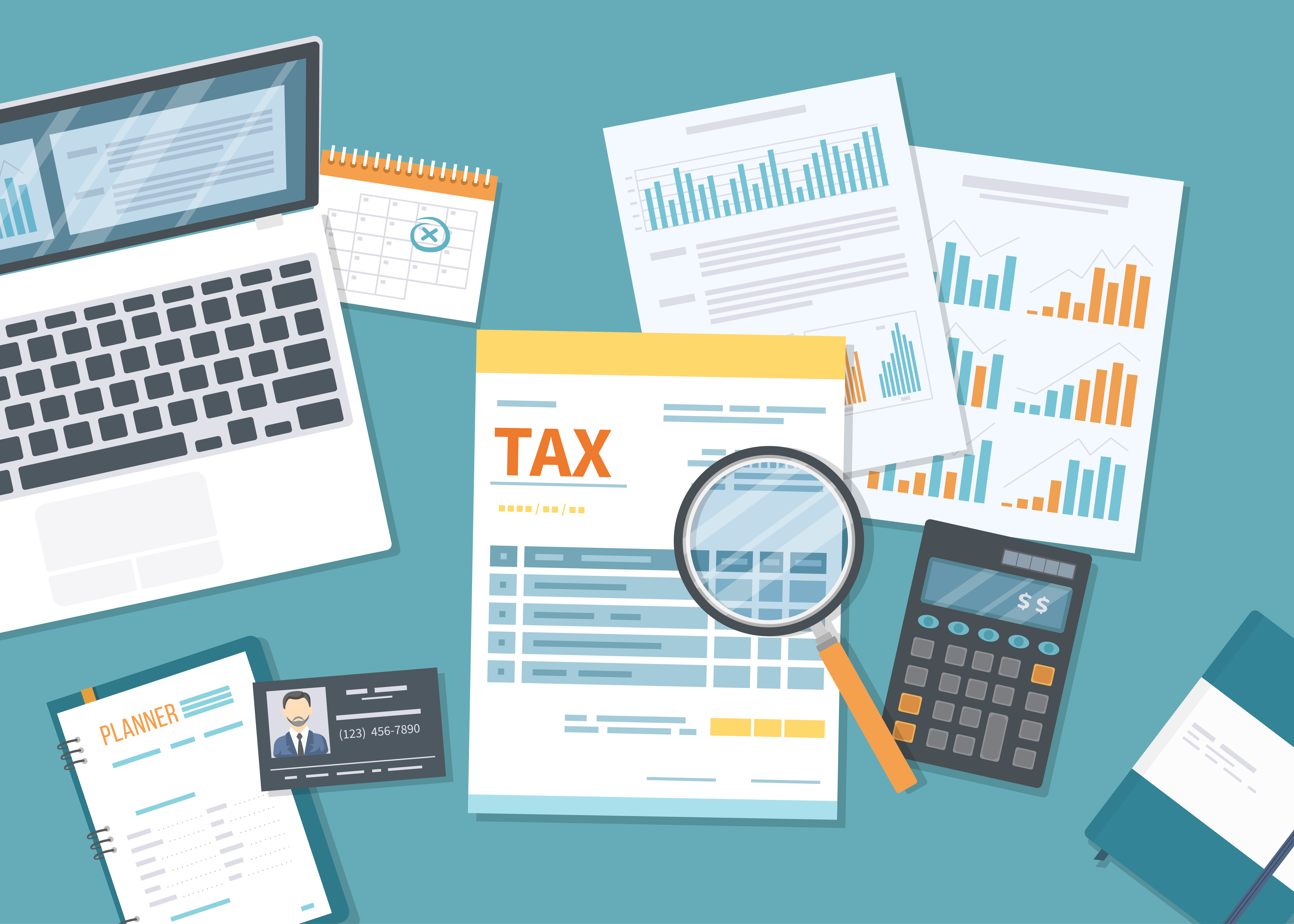Switching from a 1040 EZ to the more complicated tax forms that come with more jobs, health insurance, retirement accounts, and debts is a daunting process. Follow these tips to stay organized and avoid missing out on some crucial savings:
1. Keep a list of everyone who pays you money.
A degree doesn’t immediately translate into a long-term salaried position. Once you graduate, you might have a couple of simultaneous jobs, some temporary work, and even a freelance gig on the side. Keep an actual list of everyone you work for so you don’t forget to report any income once April rolls around.
2. Start setting aside all of your tax documents into one pile.
You’re going to get a lot of tax documents, and they’ll arrive over the course of several months. If your job offers benefits such as health insurance and retirement accounts, you’ll get tax information as soon as you register. Even more tax documents will show up starting in January, and you might not get them all until March. Instead of accidentally throwing them away or losing them in the shuffle of other mail, get a designated basket just for tax documents.
Do the same thing for online tax information. Create folders for income information, W2s, and benefits registration receipts.
3. Deduct your qualified student loans.
Student loans can feel like a heavy obligation, especially since payments start early on after graduation. But the interest portion of the payment is deductible for qualified loans up to $2,500. You can tap into this benefit whether you itemize or not, as long as you aren’t a dependent.
4. Report, even if you can’t pay.
Even with deductions, your April tax bill might be more than you can immediately pay. That’s okay. File by the deadline anyway, since the majority of the late penalties come from filing late rather than paying late. You can also set up a payment plan to cut down late payment fees.
Contact our team or browse through more of our tips for organizing your taxes.







